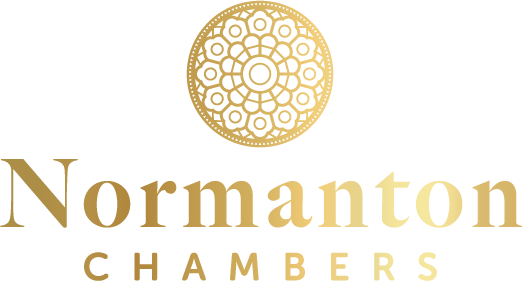Family Arbitration
The Institute of Family Law Arbitrators (IFLA) developed the family arbitration scheme to enable parties to resolve financial disputes more quickly, cheaply and in a more flexible and less formal setting than a court room. It is also expected to save court resources and reduce pressure on the already stretched family courts. Since its inception, family law arbitration has been extended to cover private law disputes regarding children and, most recently, international relocation cases.
In order to begin this process the Clients sign a form (which form depends on whether the arbitration is regarding finances (ARB1FS form) or children (ARB1CS form)) agreeing to arbitrate and to adopt the IFLA Rules. The Arbitrator is offered the appointment and then seeks the Clients’ agreement to the terms of appointment. Once the appointment is accepted, the arbitration begins. The Arbitrator contacts the Clients to elicit information about their dispute and to canvass views as to procedure, giving the Clients a degree of autonomy absent from litigation. There is then a preliminary meeting for case management directions as appropriate, in the course of which the Arbitrator decides on the procedure to be adopted. There are interim applications where appropriate and hearings. Some matters, where a single issue needs to be determined, may be dealt with on paper.
Where there is a hearing, Clients are usually represented and are cross examined. Legal representatives then make submissions which are considered by the Arbitrator who will, usually within 28 days, make his or her final award in writing. The Arbitrator is entitled to withhold the award until payment is received for their services. The Clients then apply to the appropriate court for an equivalent order with the object of the court either approving or enforcing the award. Where the consent order is clear on its face that the parties have reached their settlement using arbitration, the courts are keen to approve such orders.
Arbitration (whether Family under the IFLA scheme or CIArb* for disputes other than family law) has the following advantages-
- Clients select their decision maker from a panel of qualified (Family Law) Arbitrators
- Arbitrator is continuously and directly involved once appointed
- Confidentiality, adaptability and flexibility within the adjudication process
- The process avoids delays and standardisation resulting in speed and costs savings compared with conventional litigation route
- Versatility in covering all levels of financial dispute as well as resolving discrete issues in children cases including international relocation
- Suitable for those who cannot agree or have already reached impasse using other dispute resolution methods
- Finality and enforceability similar to that which is available through litigation
*although this article provides information on Family Arbitration, Normanton Chambers also offers Arbitration under the aegis of the Chartered Institute of Arbitrators (CIArb).
Members specialising in this area:
Please contact the clerks for further information on
clerks@normantonchambers.com
or by telephone at 0300 0300 218
